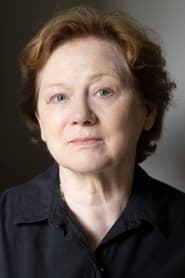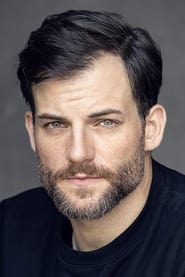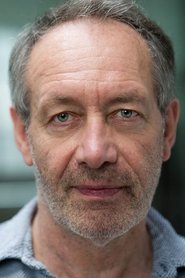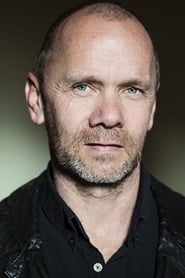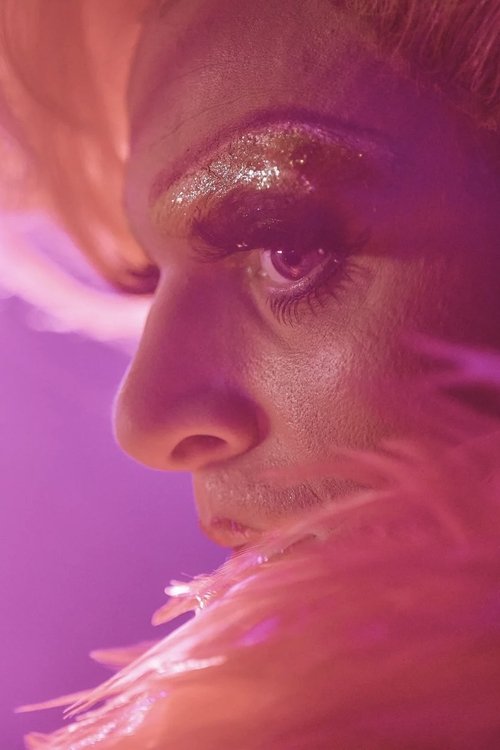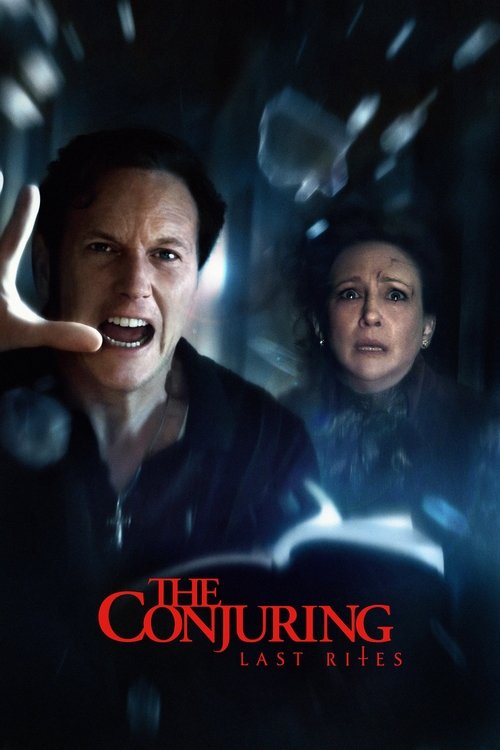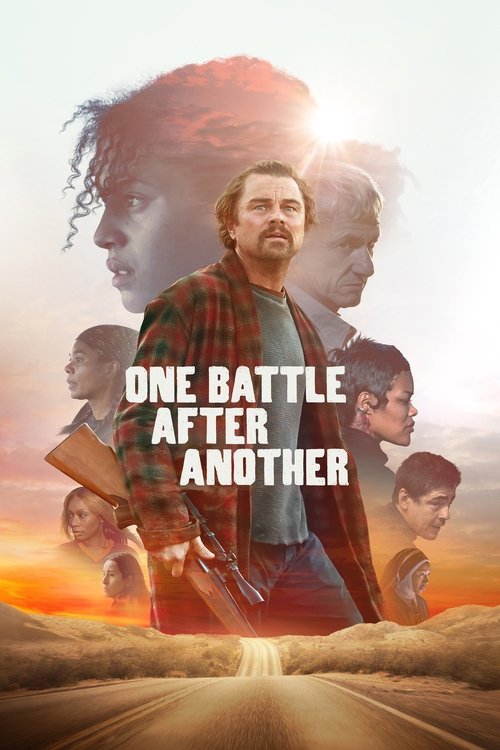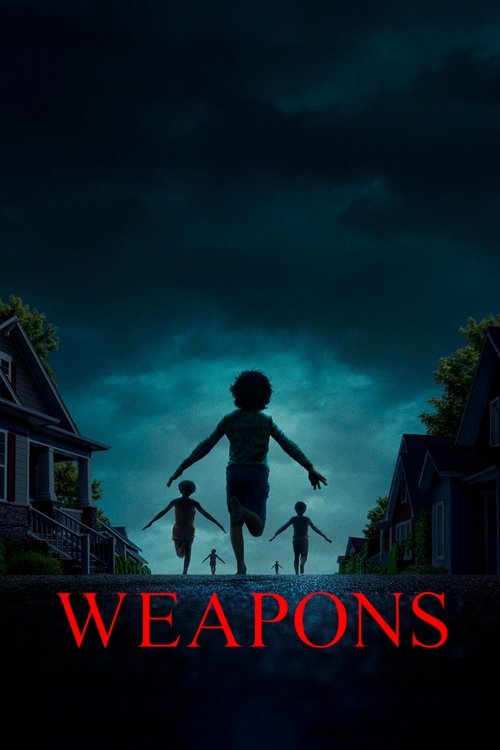
Ask Your Own Question
What is the plot?
On 11 May 2000 Dr. Arnold, a forensic psychologist, sits across from Karla Homolka in an interview room at the Regional Psychiatric Centre in Saskatoon, Saskatchewan. He opens a photo album containing images from before the crimes--smiling pictures of Karla and her husband, Paul Bernardo--and asks her to recall how she first met him. Karla responds with a memory of their early relationship, but when the psychologist shifts the conversation toward her younger sister, Tammy Homolka, Karla folds inward and refuses to cooperate.
Over the subsequent weeks Dr. Arnold continues to question Karla, and she recounts events that span from the period before her marriage through the arrests and trial. She explains that, shortly prior to marrying Paul, Paul's pattern of sexually violent behavior begins. Paul is already raping women, and he persuades Karla to participate in an assault on Tammy for his own gratification and documentation. Karla initially resists the idea. Working at a veterinary clinic, she steals Halcion pills from the clinic's supplies at Paul's insistence. She describes a Christmas party at the Homolka family home during which Tammy becomes intoxicated. Karla and Paul slip the sedative into Tammy's drinks; Tammy's condition deteriorates until she becomes unresponsive. Paul and Karla undress and rape Tammy while she lies unconscious. Tammy later vomits while still drugged and aspirates; she chokes on her own vomit and dies. Karla dials 911, but she and Paul quickly conspire to conceal signs of sexual assault in order to make Tammy's death appear accidental. Paul beats Karla afterward, and Karla learns that disobeying Paul while he makes his pornographic recordings--his "movies," as he calls them--will subject her to violence.
Karla tells Dr. Arnold that Paul becomes fixated on Tammy after her death and continues to replay the tape of the assault, even showing it to male acquaintances. He also threatens Karla, telling her he will expose her participation in Tammy's death if he ever finds himself in trouble. Karla describes leaving Paul at one point, but the couple reconcile. After the reconciliation Paul grows more explicit about his crimes and begins bringing his victims into the marital home. Karla, she says, does not stop him; she later asserts she was afraid that resistance would lead to her own death.
At Paul's direction Karla participates in further assaults. Karla describes a kidnapping of a teenage girl named Tina. Paul abducts Tina and forces her to undress while Karla records the scene with a video camera. The girl is kept captive for three days, during which Paul repeatedly rapes her while Karla records. During one of these attacks Tina glances at Paul and recognizes his face. Paul reacts by strangling her to death, telling Karla that Tina can identify them both if she lives. After killing Tina, Paul dismembers the body. He places the body parts into cement blocks and disposes of them by dumping the blocks into a lake.
A few days later, on the day Paul and Karla's wedding, law enforcement recovers human remains from the lake. Dental records identify the body as Tina's. The discovery triggers intense public scrutiny. In response to the attention Paul temporarily halts his abductions and assaults, but his suppressed urges and the stress of exposure make him increasingly violent toward Karla. Friends who observe his mood and behavior distance themselves from the couple and sever ties.
Karla's account moves next to another abduction. Seeking to regain Paul's approval and to end his hostility toward her, Karla helps Paul abduct a girl named Kaitlyn Ross. Karla is present as Paul rapes Kaitlyn. She cries during the assault while Paul berates her, accusing her of ruining his "movie." After Paul leaves the room, Karla is left alone in charge of the bound and terrified Kaitlyn. Kaitlyn speaks to Karla, saying that Karla is also a victim and insisting that the assault is not her fault. Karla replies that Kaitlyn cannot understand. In later sessions Karla tells Dr. Arnold that she had wanted to free Kaitlyn but feared Paul would kill them both if she interfered.
Kaitlyn's disappearance draws heavy police and media attention. Detectives conduct interviews and visit Paul and Karla's home as part of the investigation. Paul presents himself as cooperative during the police inquiry, and the officers leave without detaining him. Immediately after the police depart Paul savagely beats Karla. She flees to friends' houses and then reports the assault to authorities. Police arrest Paul for domestic violence; he spends one night in custody and is released on bail the following day.
Dr. Arnold presses Karla further about her jealousy of Tammy and the dynamics that led to Tammy's death. Karla admits that Paul wanted Tammy's virginity and that Paul asked Karla to "give" Tammy to him. Karla confesses she consented to help Paul rape her sister.
Investigators working on an unrelated Scarborough rape case collect DNA samples from suspects. When those samples are compared to biological material recovered from one of the murder victims, a match links Paul to the homicide evidence. The match triggers full-scale arrests: both Paul and Karla are taken into custody and charged in connection with the string of sexual assaults and murders.
At trial the sequence of accusations and confessions becomes contentious. Paul testifies against Karla, alleging that Karla killed Kaitlyn Ross with a mallet. Karla denies any responsibility for Kaitlyn's death and maintains that she did not commit murder. Prosecutors rely on physical evidence, witness testimony, and the pattern of Paul's escalating violence. The jury convicts Paul Bernardo of two counts of murder; the conviction includes a sentence that carries no possibility of parole. Karla negotiates a plea agreement with the Crown: she pleads guilty to manslaughter in exchange for a twelve-year imprisonment term.
After the sentencing Dr. Arnold completes his parole suitability assessment of Karla. In his report he finds Karla's demeanor artificial and manipulative and concludes she expresses no genuine remorse for her actions. Based on his evaluation the parole board denies Karla's request for release.
The final image in Karla's account returns to the interview room in Saskatoon. Dr. Arnold closes Karla's photo album and notes that her parole remains refused. Karla sits across from him, and the record of her testimony, the convictions, and the denial of parole stand as the closing facts: Paul Bernardo is serving a life sentence for two murders without parole; Karla Homolka is serving a twelve-year sentence after pleading to manslaughter, and the psychologist overseeing her case deems her unsuitable for early release. The session ends with Karla still detained at the Regional Psychiatric Centre and the criminal verdicts and sentences unresolved beyond what the court has imposed.
What is the ending?
Short Narrative Summary of the Ending
In the 2025 film "Karla," a 12-year-old girl in Munich, 1962, bravely takes her abusive father to court seeking protection. As she navigates the legal system, she forms a significant bond with Judge Lamy, who helps her reveal her story and secures justice in an unconventional manner.
Expanded Narrative Description of the Ending
The film "Karla" unfolds with a courageous young girl standing against her father's abuse by filing a complaint in court, a bold move for a 12-year-old in 1962 Munich. The story culminates in a dramatic and poignant courtroom confrontation where Karla struggles to voice her suffering, and Judge Lamy plays a pivotal role in her journey.
Scene 1: The Courtroom Entrance
The film reaches its climax as Karla, now more determined than ever, steps into the courtroom. The atmosphere is tense, with the weight of her decision heavily felt. Judge Lamy, a figure of authority and empathy, greets her with a gentle yet firm demeanor, setting the tone for the proceedings.
Scene 2: Karla's Testimony
Karla begins her testimony, initially hesitant but gradually opening up about her experiences. Judge Lamy listens attentively, his expression a mix of sorrow and understanding. As Karla speaks, the courtroom becomes a space not just for legal proceedings but for emotional release and healing.
Scene 3: The Bond with Judge Lamy
Through her interactions with Judge Lamy, Karla finds a sense of safety and trust. He creates an environment where she can express herself freely, without fear of judgment or reprisal. This bond is crucial as it allows Karla to confront her trauma and begin the process of recovery.
Scene 4: The Unconventional Ruling
Judge Lamy's ruling is a turning point in the film. He takes an unconventional approach, prioritizing Karla's well-being and the moral imperative of justice over strict legal protocols. This decision not only reflects his empathy for Karla but also underscores the limitations and rigidity of the legal system in addressing complex cases of abuse.
Scene 5: Aftermath and Resolution
The aftermath of the ruling shows Karla experiencing a sense of relief and vindication. Though the path ahead is challenging, she has found a measure of peace and a new beginning. The film concludes by highlighting the resilience of a young girl who dared to challenge the status quo and seek justice in a world that often silences victims of abuse. As Karla steps out of the courtroom, she is not alone; she has Judge Lamy's support and a newfound voice that will carry her through the trials of life.
Is there a post-credit scene?
The movie titled Karla produced in 2025 does not appear as a standalone film in the search results. Instead, the character Karla Wilson appears in the 2025 reboot of I Know What You Did Last Summer. This film includes a mid-credits/post-credit scene featuring Karla Wilson, played by Brandy Norwood, reprising her role from the 1998 sequel I Still Know What You Did Last Summer.
In this post-credit scene, Karla is shown living a seemingly normal life years after the original events. She watches news reports about recent murders and jokes about her old friend Julie James (played again by Jennifer Love Hewitt) needing therapy due to all the trauma. Then, Julie arrives at Karla's door, warning her that they are both in danger. Julie shows Karla a note with a photo of Karla's face crossed out and the message "It's not over," implying that Karla is now a target. Karla responds with a line about who they will confront next, hinting at a potential team-up and sequel.
This scene serves as a bridge connecting the original franchise with the new reboot and sets up a cliffhanger for future installments, but there is no separate movie titled Karla from 2025 with its own post-credit scene. The post-credit scene is part of I Know What You Did Last Summer (2025) and focuses on the character Karla within that context.
What role does Judge Lamy play in Karla's story?
Judge Lamy becomes Karla's most important confidant and beacon of hope during her legal battle. He supports her in court, gives her the freedom to tell her story on her own terms, and risks his own career with an unconventional ruling that reflects moral imperative beyond legal constraints.
How does Karla present her case against her father in court?
Karla is methodical and firm in court, making serious accusations against her father without immediately revealing all details. She insists on telling her story in her own way, leaving the 'unspeakable' aspects unsaid, and avoids being portrayed as a victim, maintaining her dignity throughout.
Who are the main actors portraying the key characters in the film Karla?
Elise Krieps stars as Karla, with Rainer Bock, Imogen Kogge, Torben Liebrecht, and Katharina Schüttler in supporting roles. Rainer Bock plays Judge Lamy, the judge who supports Karla.
What is the historical significance of Karla's case depicted in the film?
Karla's case is the first known instance in Germany where a child sued their abusive parent, making it a powerful true story of courage and legal precedent in 1962 Munich.
How does the film Karla handle the depiction of abuse?
The film avoids explicit depiction of the abuse in words or images, using delicate visual hints, flashbacks, and subtle storytelling to maintain Karla's dignity and avoid voyeurism, focusing instead on her courage and legal fight.
Is this family friendly?
There is no information available about a movie titled "Karla" produced in the year 2025. The search results refer to a different film, "Karla" (2006), which is based on the true story of serial killers Paul Bernardo and Karla Homolka. This 2006 film contains themes of violence, abuse, and murder, making it highly inappropriate for children or sensitive viewers.
If you are referring to a hypothetical or different movie titled "Karla" produced in 2025, without specific details, it would be impossible to assess its content. However, if it shares a similar theme or story to the 2006 film, it would likely contain mature and disturbing content.




